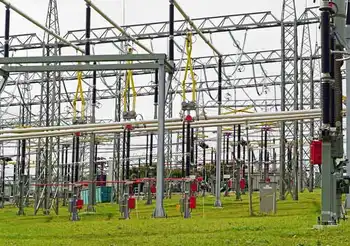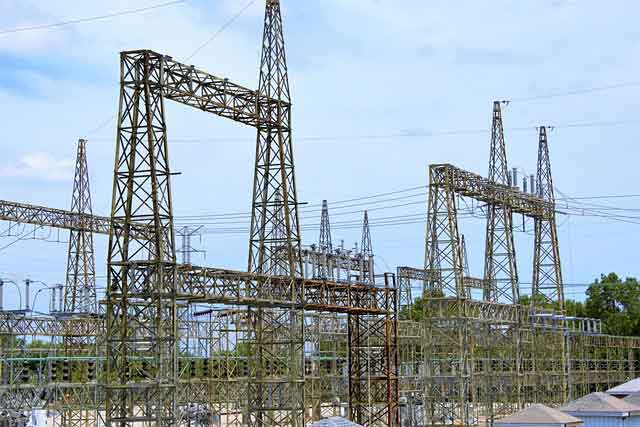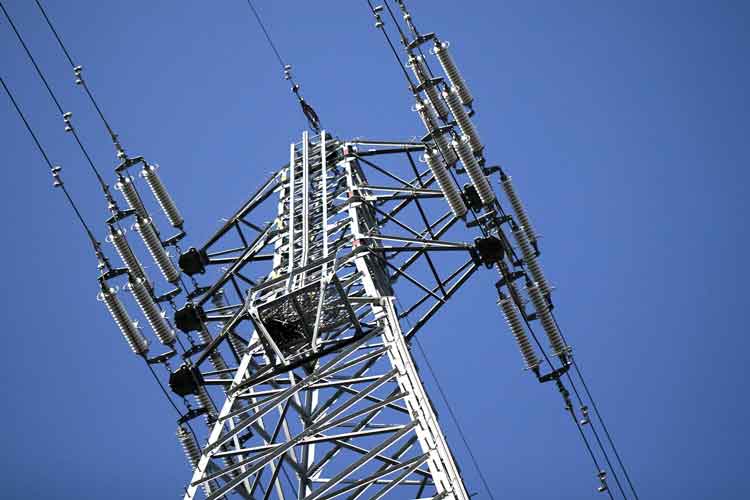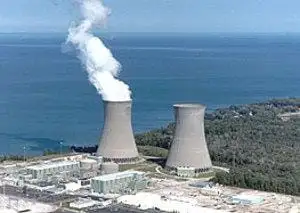'Hundreds of thousands of jobs', clean power from fuel cells – Anglo
By Creamers Mining Weekly
Electrical Testing & Commissioning of Power Systems
Our customized live online or in‑person group training can be delivered to your staff at your location.

- Live Online
- 12 hours Instructor-led
- Group Training Available
"With platinum at its heart, a fuel cell industry would support South AfricaÂ’s drive for jobs," Carroll said.
Anglo American, through the JSE-listed Anglo American Platinum, is the worldÂ’s largest producer of platinum.
Carroll outlined how Anglo American had put an expert body to work in London, which had concluded that hydrogen fuel cells could drive development of a whole new industrial sector in South Africa and provide the country with the opportunity to become a major player in the global green economy.
"The country has an opportunity to profoundly influence the climate change debate well beyond COP 17. While much of the talk of climate change is understandably focused on mitigating carbon emissions, we mustn’t ignore the huge opportunities that exist in a low-carbon world,” Carroll added.
Addressing a function for the presidency of the United Nations climate change conventionÂ’s 17th Conference of the Parties COP 17 - which was organised in conjunction with the World Business Council on Sustainable Development and the International Chamber of Commerce - Carroll said that the findings of the UKÂ’s Carbon Trust on fuel cells development in South Africa were that:
• with the appropriate levels of deployment of investment in manufacturing, insulation and maintenance activities, “hundreds of thousands of new jobs” could be created over the next 30 years
• fuel cells produced could simultaneously help to meet existing energy security challenges and provide rural communities with energy, without any major expansion to the national electricity grid and
• there would also be clear potential to export knowledge and products to the global market.
Carroll said that South Africa was already funding and directing research into fuel cells as part of its hydrogen strategy and fuel cell demonstration projects were under way around the country, ranging from the powering of vaccine fridges in rural clinics to providing heat and power for hospitals.
Anglo American Platinum was itself demonstrating a 150 kW zero-emission fuel cell close to the COP 17 conference venue to highlight the green credentials of platinum, which is on the way to being used in 95 of the worldÂ’s new cars to capture noxious gas.
Carroll reported that the R100-million fund to support users of platinum-group metals had made its first investment to a US company that was manufacturing and marketing fuel cell systems in South Africa and Sub Saharan Africa.
The use of fuel cells to power underground locomotives and minersÂ’ cap lamps was imminent.
Hydrogen fuel cells using platinum catalysts were efficient, versatile and scaleable and represented a proven technology that provided clean, reliable and cost-effective power.
"I know that the South African government is determined to seize this opportunity," Carroll said, adding that South Africa could become a global leader in fuel cells.
Fuel cells, which used hydrogen and oxygen to produce electricity and water and heat, could be used in their stationary format, with the source of the hydrogen from coal-bed methane, which could be used to produce water and electricity.
Carroll also pointed out that light emitting diodes LEDs used in flat screen television sets, smart phones and laptops used sapphire crystals from iridium crucibles, which was creating additional demand for iridium, a platinum group metal sourced mainly from South Africa.
Minerals Minister Susan Shabangu, who was in the audience, commented to Mining Weekly Online that CarrollÂ’s comments were fully in line with the policy and strategy of the South African government.
Shabangu added that Carroll's steps to partner others in fuel cell development had the unique potential of achieving beneficiation and carbon reduction at the same time.











